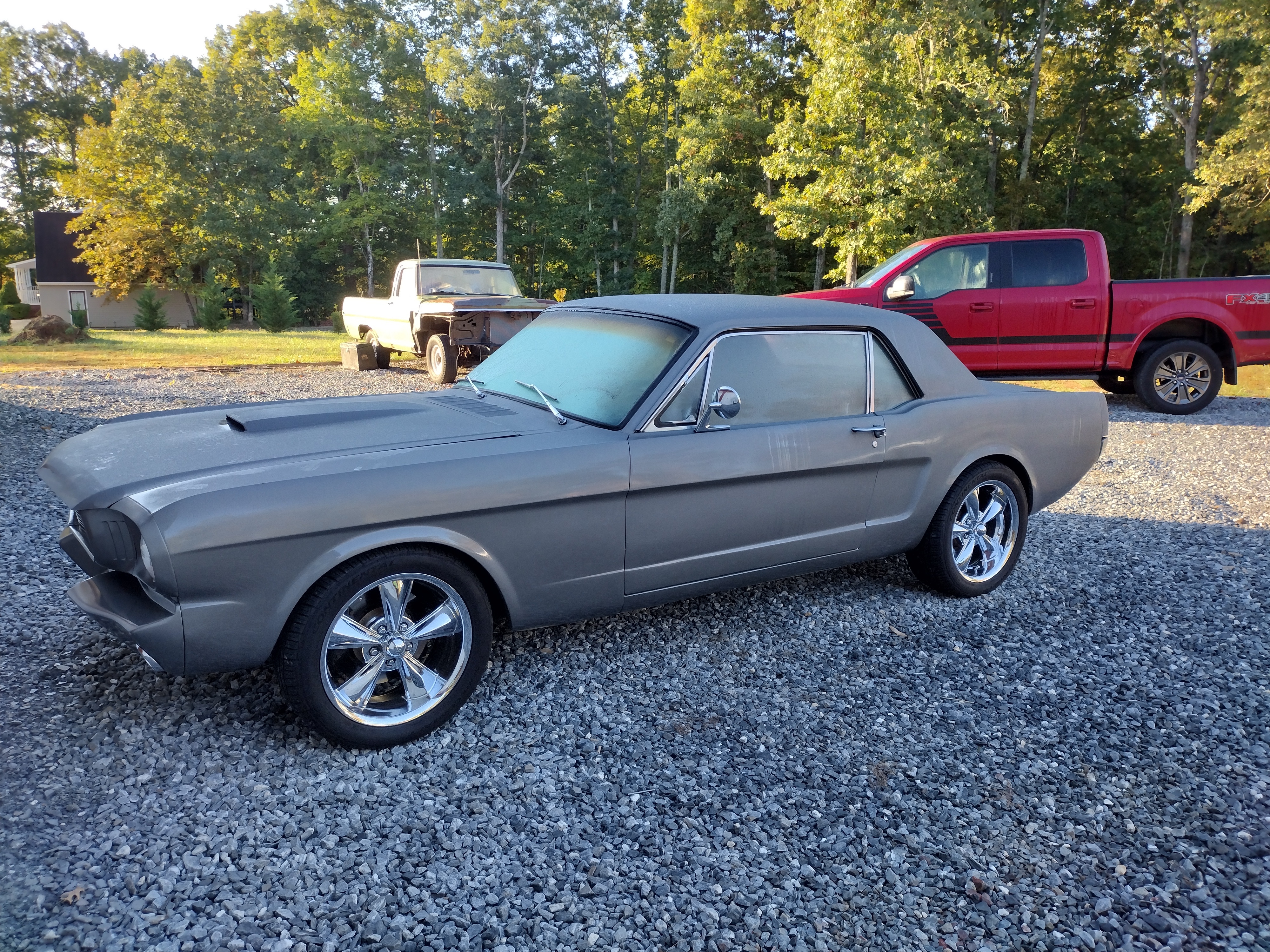Buyers backing out of a deal remains one of the most common concerns among sellers. Understanding different factors causing buyers to change their minds and how to respond professionally puts you in a better position to rebound from a missed opportunity and secure another deal.
If a purchaser decides not to finalize a sale, sellers may wonder:
Why someone would back out
How a sale agreement comes into play
The best way to relist the vehicle
—and more.
Keep on reading to answer the above questions and move toward a successful sale.
Understanding Why Buyers Back Out
There are several reasons why a buyer may back out after agreeing to purchase a car privately. Typical reasons include:
Buyer’s remorse
Financial or paperwork issues
Finding a more competitive deal
Vehicle condition concerns
Cold feet or general nervousness about private sales
A deal’s setting can influence whether a private deal goes through. Most people list cars they sell online, but buying a vehicle online without ever seeing it in person is becoming increasingly common. While completely virtual transactions can be more convenient for you and the buyer, many prospective buyers get peace of mind seeing the car in person, test-driving it, and having it checked by a trusted mechanic. Other potential buyers may fail to secure financing or experience trepidations about a vehicle’s condition if the listing has any negatives in its history report.
Reviewing Your Sale Agreement
Private sale agreements are less formal than dealership ones since they’re not subject to the same regulations and requirements. While the simpler nature of a private sale lends itself to convenience, the lack of formality can increase risks for sellers, mainly if they don’t document disclosures or sales agreements. Private auto sale agreements are written, verbal, or digital, but written and verbal deals are most common.
A written deal typically involves a written bill of sale proving the car’s transfer of ownership, which some states require. Verbal agreements are naturally harder to enforce with the lack of a paper trail. Private sellers have less protection than dealers if a buyer backs out unless you have the agreement details in writing. Alternatively, dealer sales are legally binding, allowing them to retain buyer deposits or enforce contracts if a customer wants to back out.
Handling the Deposit
Private sellers often benefit from avoiding accepting deposits to hold a vehicle since some shoppers may demand their money back after getting cold feet. While prospective buyers have the right to request their deposit back, especially if it wasn’t listed as non-refundable, the time you spent holding the deposit was time that you didn’t secure a sale—and you may have missed out on a serious purchaser. Dealers often don’t require deposits to hold a car since they know short-term holds may result in a shopper reconsidering the purchase. While low inventories or special orders may require a non-refundable deposit, you typically don’t have to worry about these factors as a private seller.
A written agreement should outline what happens with the deposit if the buyer backs out of the deal. These written agreements can include details like:
The vehicle’s production year, make, model, and VIN, odometer reading
The deposit amount
A clearly stated refund policy
A time limit for finalizing the sale
Buyer and seller signatures
Next, create a bill of sale documenting the transaction with information like the sale price, delivery date, and car details specified in the first point of the above list. Referring to your deposit agreement when responding to a buyer who placed a deposit backing out saves you time and stress. Still, not accepting deposits and selling to the first person who arrives with money in hand can help you avoid losing time on buyers exiting a deal.
Relisting Your Car for Sale
Sellers can get closer to a deal after a buyer backs out by reoptimizing their listing. Shoppers are often skeptical about purchasing through the private market over concerns they’ll buy a dud. However, providing an extensive number of high-quality photos online, writing thorough descriptions, and posting on multiple platforms can increase your prospects. Additionally, consider timing and pricing adjustments.
Higher demand typically results in greater selling prices, and March through May is an especially popular time for shoppers since the weather gets warmer and tax returns go out. May through August is also popular before fall and winter when there’s less buyer urgency. Still, vehicles with cold weather-friendly features like all-wheel drive (AWD) and a heated steering wheel can attract attention during seasons like winter. When optimizing your ad, use a car value estimator so you don’t list the model too high or low. In addition to poor pricing strategy, common mistakes sellers make when relisting include not offering a vehicle history record and failing to disclose issues.
Alternative Selling Options
With all that a private seller deals with, a buyer backing out of a deal can motivate some to explore other sales avenues. Private car sales generally yield more profit, but the process can be time-consuming and labor-intensive. One of the most common complaints associated with independent vehicle sales is interested buyers not showing up to look at and test-drive the car after making an appointment. Other sales prospects may live far away or give unfair offers, and you’ll always have to spend some time answering emails, phone calls, or texts. If you don’t want to restart the private sales process after a buyer backs out, you can consider a dealership sale or auction website.
Dealership sales
While you’re more likely to get less money selling your car to a dealer, this route is much faster since a dealer handles all the necessary paperwork. You also generally don’t have to worry about a dealer’s check bouncing since they often pay with a cashier’s or certified check. Some dealers may use wire transfers, making funds immediately available. You can quickly access your car’s value and connect with auto dealers interested in your vehicle using Nexus Auto Transport’s online Sell Your Car service.
If you want to sell your vehicle and use the money toward a new car, several dealerships offer trade-in perks for new vehicle purchases, such as cash incentives. Others may benefit from a car consignment agreement where the seller retains ownership until the dealer or agent they partner with finalizes a sale. Whoever handles the sale receives a commission or fee taken out of the deal’s final price.
Auctioning your car
Private sellers have more limited options than dealers when it comes to auctioning their vehicles, but eBay Motors is the most popular mainstream option, while sites like Cars & Bids focus on enthusiast automobiles.


![Carvana vs Carmax - Car Selling Sites Comparison [2025] image](https://nexusautotransport.com/assets/blog/AdobeStock_159233286_2023-11-07-123115_pulk.jpeg)
